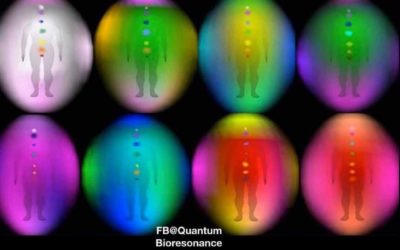https://clinicaltrials.gov/ct2/show/NCT04583410
The coronavirus disease (COVID-19) epidemic represents a major therapeutic challenge. The highly contagious severe acute respiratory syndrome coronavirus 2 (SARS-COV-2) and the long duration of the disease have led to a massive influx of patients admitted in health services and intensive care units.
According to current knowledge, there are no treatments that prevent the spread of the infection, especially in exposed populations, or the disease progression to a severe form.
Daily active smokers are infrequent among outpatients or hospitalized patients with COVID-19. Several arguments suggest that nicotine is responsible for this protective effect via the nicotinic acetylcholine receptor (nAChR).
Nicotine may inhibit the penetration and spread of the virus and have a prophylactic effect in COVID-19 infection.
However, the epidemic is progressing throughout French territory and new variants (in particular the “English B1. 1.7 variant of SARS-COV-2”) much more contagious run a risk of accelerating the epidemic in the population. The anti-SARS-COV-2 vaccines recently launched (or being evaluated) represent great hope in this health crisis, but trials were only able to show their effectiveness on symptomatic forms of SARS-COV-2 infection. On the one hand, the vaccination compaign for the entire population requires many months,which leaves many unprotected subjects waiting. In addition, there is currently no evidence of a protective role of vaccines against asymptomatic forms of COVID-19 and therefore on SARS-COV-2 transmission. Finally, the nicotine patches may protect people in hight-risk areas/periods until they are vaccinated (if they accept it and are eligible for it) and in the post-vaccination weeks necessary for the effectiveness of the vaccine,which reinforces the importance of evaluating this alternative prevention strategy, in the context of the arrival of vaccines




0 Comments